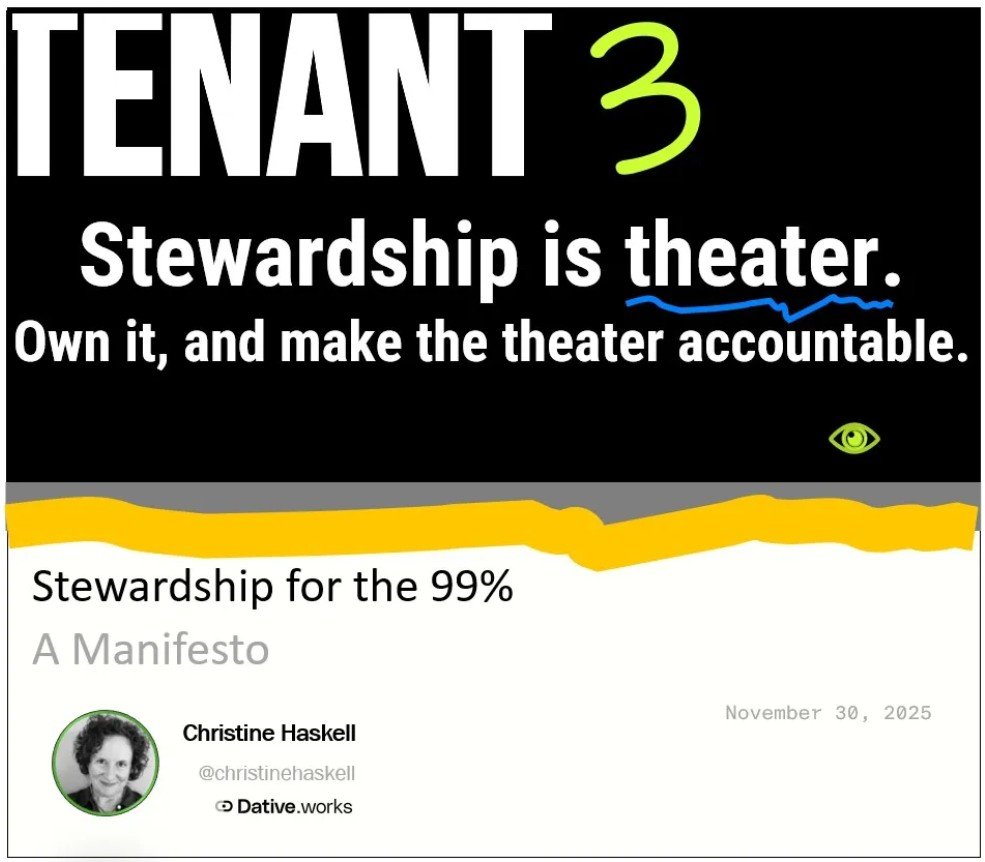Tenant 3: Stewardship is theater.
By now, the true innovation of our era may be in the choreography of virtue: the panel, the audit, the dashboard, the values campaign, all staged to prove responsibility without ever surrendering control. It is easy to mistake more rituals for more care. But anyone who has sat through a post-mortem town hall or glossy transparency memo knows how often these spectacles exhaust dissent instead of enabling it. What passes for transparency is frequently a technology for managing consequence, not sharing it: failure is scripted into apologies and metrics while the machinery of extraction not only survives, but earns fresh legitimacy.
The Evolution of Data Culture in Corporate America: A Journey Through Efficiency, Purpose, and Ethics
In this five-part series, we explore how two titans of industry—Jack Welch of General Electric and Steve Ballmer of Microsoft—ignited a data revolution that swept across corporate America, leaving an indelible mark on how businesses approach metrics, accountability, and culture. Their influence extended far beyond their own companies, setting off a chain reaction that would reshape industries from finance to entertainment, ultimately leading to the complex data landscape we navigate today.

